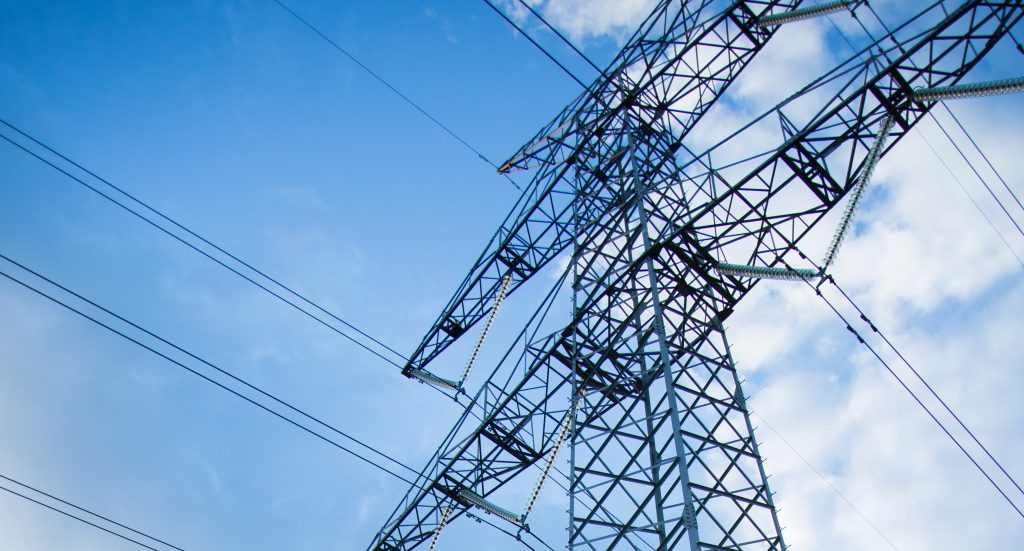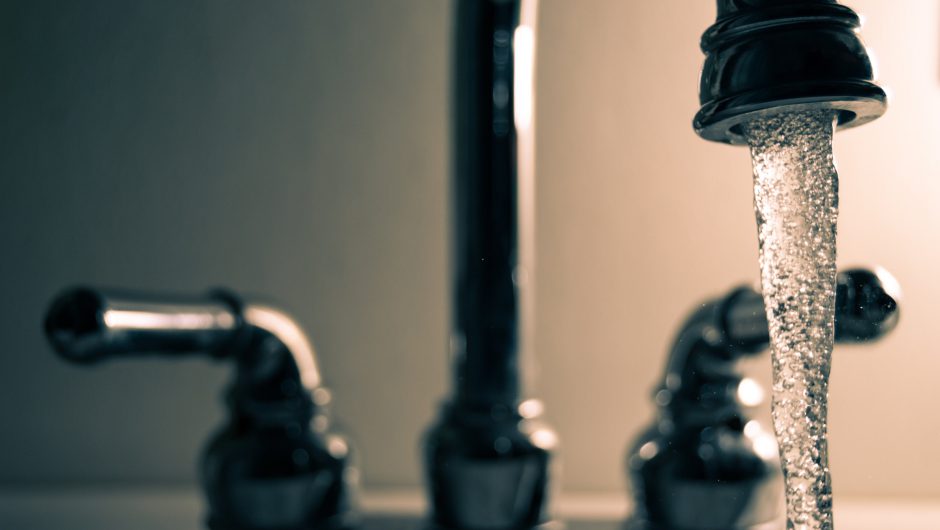
What is SECR?
SECR stands for Streamlined Energy and Carbon Reporting. It is a policy that some large businesses must comply with, for financial years starting on or after 1 April 2019 and it coincides with the end of the Carbon Reduction Commitment (CRC) Scheme.
SECR doesn’t replace any existing requirements that companies may need to fulfil, for example the Energy Saving Opportunity Scheme (ESOS). Business will still need to comply with those requirements.
The aim of the policy is to bring carbon and energy reporting to more businesses and to encourage energy efficiency within businesses, bringing environmental benefits and cutting costs.
Who does it apply to?
Unless exempt, companies that fall within the below categories must comply with the policy.
- All UK incorporated quoted companies
- Large unquoted companies
- Large Limited Liability Partnerships
Your company will be classed as “large” if it falls under two or more of the below criteria.
- Over 250 employees
- a turnover £36 million or over
- an annual balance sheet of £18 million or over
The government encourages all companies to produce similar reporting, although this is completely voluntary.
How and when will I have to report?
All companies that qualify will need to include the reporting information in their Director’s report, with LLPs having to produce an equivalent Energy and Carbon report.
Reporting will need to be submitted for all financial years starting on or after 1 April 2019.


